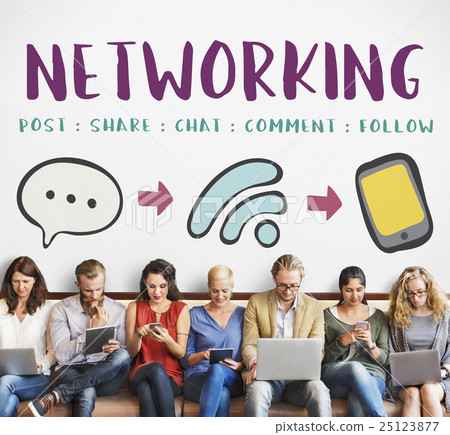|
The advent of the internet has revolutionized the way we communicate, access information, and express ourselves. However, with its boundless possibilities, the internet has also become a battleground for control and censorship. Internet censorship, the regulation or suppression of information and communication on the web, has become a pressing issue in today's digital age. One of the primary reasons behind internet censorship is to maintain social, political, or cultural stability within a country. Governments around the world exercise varying degrees of control over online content to protect national security, prevent the spread of false information, and combat cybercrime. However, the methods employed often infringe upon the principles of free speech and expression. China stands out as one of the most notorious examples of strict internet censorship. The Great Firewall of China, a vast system of technical measures, filters, and regulations, restricts access to foreign websites, blocks social media platforms, and monitors online activities. This extensive censorship apparatus aims to maintain ideological conformity and limit the influence of dissenting voices. While it may contribute to social stability in the short term, it impedes the free flow of information and stifles innovation in the long run. Beyond governmental control, private entities such as social media platforms and search engines also play a significant role in shaping the online space. In recent years, platforms like Facebook and Twitter have faced scrutiny for their content moderation policies. Balancing the need to curb hate speech, misinformation, and harmful content while upholding freedom of speech remains a formidable challenge. The decisions made by these platforms can have far-reaching implications for public discourse and the dissemination of information. Furthermore, the emergence of advanced technologies like artificial intelligence (AI) raises concerns about automated content filtering and censorship. AI algorithms can be trained to categorize and flag content based on predefined rules, potentially leading to overzealous blocking or unintended biases. Striking a balance between leveraging AI for content moderation and avoiding undue restrictions requires ongoing research, transparency, and public involvement. Internet censorship not only restricts access to information but also has severe implications for human rights and democracy. It hampers the ability of individuals to freely express their opinions, organize peaceful protests, and access diverse perspectives. It is essential to promote open dialogue and advocate for an internet that respects fundamental human rights while addressing legitimate concerns like privacy, security, and misinformation. Efforts to circumvent internet censorship, such as virtual private networks (VPNs) and encrypted communication tools, have emerged as means to bypass restrictions. However, these solutions are not universally accessible or foolproof, and governments often attempt to counteract them through technological countermeasures. As the internet continues to evolve, so too will the battle over control and censorship. Striking a delicate balance between preserving individual freedoms and ensuring societal well-being remains a complex challenge. An informed and active citizenry, along with robust legal frameworks and international collaboration, will be crucial in navigating this web of restrictions and shaping the future of the internet. In conclusion, internet censorship poses significant ethical, political, and technological challenges. Achieving a harmonious and inclusive online environment requires striking a balance between protecting users' rights and addressing legitimate concerns. As we move forward, it is imperative to foster dialogue, promote transparency, and uphold the principles of freedom of expression in order to create a truly open and democratic digital world.  |
